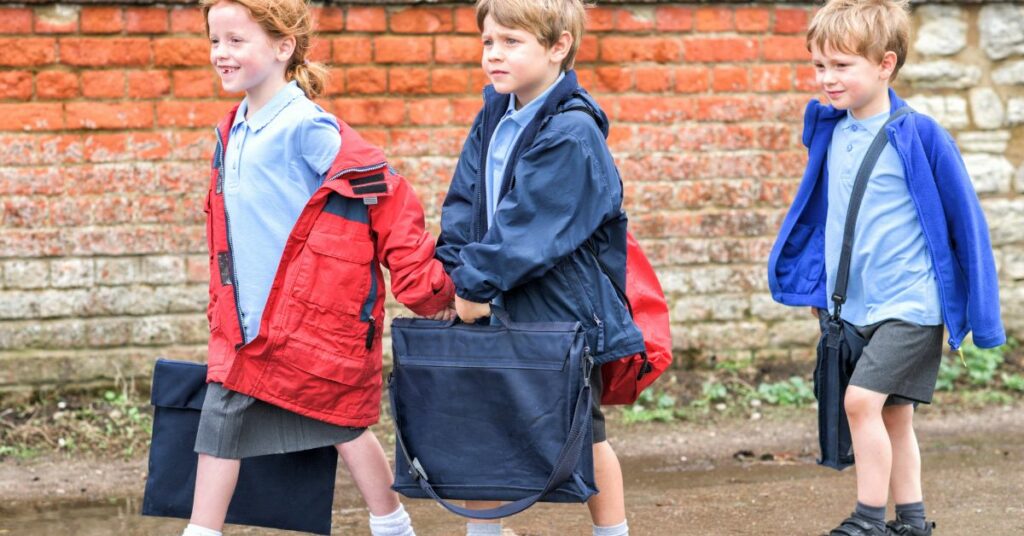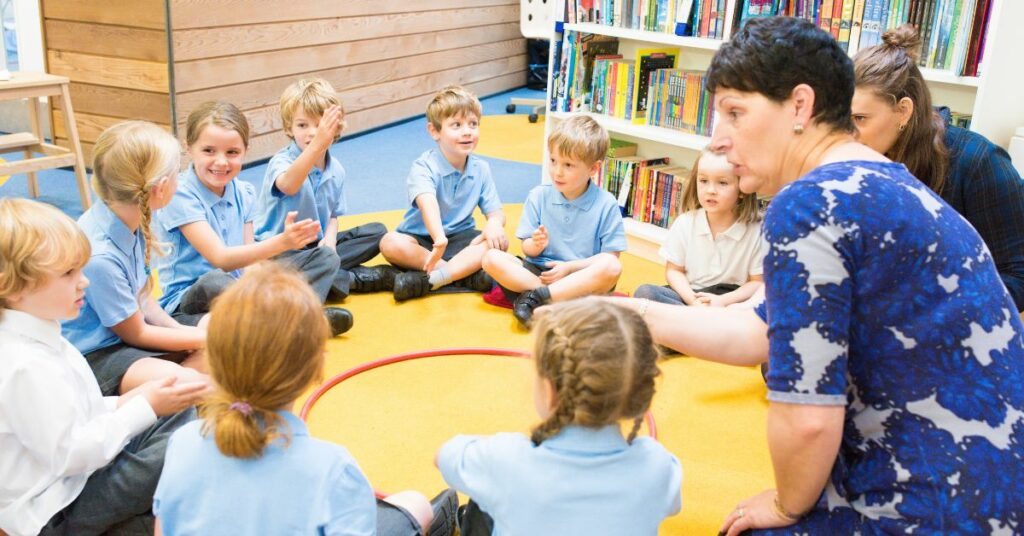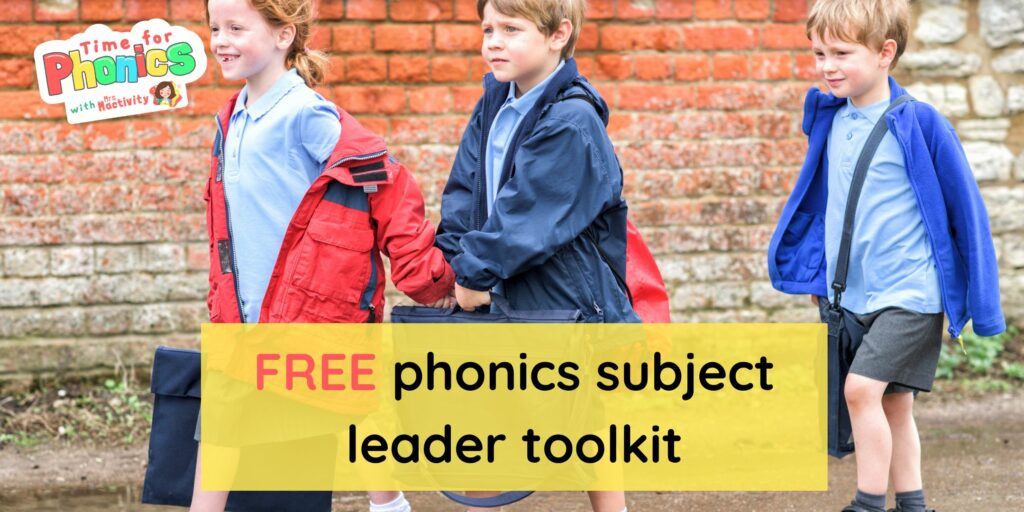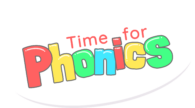If you’re a phonics or English subject leader, then you may, understandably feel a little daunted when it comes to Ofsted inspections and reading. In this blog post, we take you through what you need to know to ensure you’re well prepared when it comes to your next inspection.
If you’re due an Ofsted inspection soon then it’s pretty likely, in fact, certain that Ofsted will have a close look at your school’s approach to reading – in the School Inspection Handbook (July 2022), Ofsted stated:
The number of deep dives will vary depending on the size of the school and the inspection team: in primary schools (and infant, junior and lower-middle schools), inspectors will always carry out a deep dive in reading and deep dives in one or more foundation subjects.
In fact, the latest (July 2022) Ofsted Inspection Framework states that when it comes to Quality of Education, inspectors will make a judgement on the quality of education by evaluating the extent to which:
“a rigorous approach to the teaching of reading develops learners’ confidence and enjoyment in reading. At the early stages of learning to read, reading materials are closely matched to learners’ phonics knowledge.”

What must you publish on your school website?
In terms of what you must publish on your website as a school when it comes to reading, the DfE (September 2022) states that the following must be published:
- the content of your school curriculum in each academic year for every subject – this includes mandatory subjects such as religious education, even if it is taught as part of another subject or subjects, or is called something else
- the names of any phonics or reading schemes you’re using in key stage 1
- how parents or other members of the public can find out more about the curriculum your school is following

Ofsted’s approach to evaluating the curriculum: reading and phonics
The Ofsted inspection handbook is a long and detailed document, so for the purpose of this blog post, we’re going to focus on the aspects relating to Ofsted inspections and reading.
Early stages of learning to read
241. During all inspections, inspectors will be interested in how the school supports pupils who are at the early stages of learning to read, including older pupils. This is especially the case because of the disruption to learning caused by the COVID-19 pandemic.
242. On inspections of infant, junior, primary and lower-middle schools, inspectors will carry out a deep dive to evaluate how well pupils are taught to read. They will pay particular attention to pupils who are reading below age-related expectations (the lowest 20%) to assess how well the school is teaching phonics and supporting all children to become confident, fluent readers. This will include understanding how reading is taught remotely, where applicable.
243. Inspectors will listen to several low-attaining pupils in Years 1 to 3 read from unseen books that are appropriate to their stage of progress. They should also draw on information from the school’s policy for teaching reading, phonics assessments, phonics screening check results and lesson visits.
244. Wherever possible, inspectors will listen to children read to a familiar adult in a classroom or in an open area that the pupils are familiar with. They will take into consideration the length of time a pupil has attended the school.
245. In reaching an evaluation against the ‘quality of education’ judgement, inspectors will consider whether:
- the school is determined that every pupil will learn to read, regardless of their background, needs or abilities. All pupils, including the weakest readers, make sufficient progress to meet or exceed age-related expectations
- stories, poems, rhymes and non-fiction are chosen for reading to develop pupils’ vocabulary, language comprehension and love of reading. Pupils are familiar with and enjoy listening to a wide range of stories, poems, rhymes and non-fiction
- the school’s phonics programme matches or exceeds the expectations of the national curriculum and the EYFS early learning goals. The school has clear expectations of pupils’ phonics progress term by term, particularly from Reception to Year 2
- the sequence of reading books shows a cumulative progression in phonics knowledge that is matched closely to the school’s phonics programme. Teachers give pupils sufficient practice in reading and re-reading books that match the grapheme–phoneme correspondences they know, both at school and at home
- reading, including the teaching of systematic synthetic phonics, is taught from the beginning of Reception
- the ongoing assessment of pupils’ phonics progress is sufficiently frequent and detailed to identify any pupil who is falling behind the programme’s pace. If they do fall behind, targeted support is given immediately
- the school has developed sufficient expertise in the teaching of phonics and reading

Ofsted inspections and reading relating to “Quality of Education”
In order to receive a Good or outstanding Ofsted judgement for “Quality of Education” (relating to Ofsted inspections and reading only for the purpose of this blog post – there are lots more criteria for other areas!), Ofsted will use their professional judgement to see if your school fulfils the following criteria:
- Reading is prioritised to allow pupils to access the full curriculum offer.
- A rigorous and sequential approach to the reading curriculum develops pupils’ fluency, confidence and enjoyment in reading. At all stages, reading attainment is assessed and gaps are addressed quickly and effectively for all pupils. Reading books connect closely to the phonics knowledge that pupils are taught when they are learning to read.
- The sharp focus on ensuring that younger children and those at the early stages of reading gain the phonics knowledge and language comprehension necessary to read, and the skills to communicate, gives them the foundations for future learning.
- Pupils read widely and often, with fluency and comprehension appropriate to their age
Ofsted’s grade descriptors for Early Years provision relating to reading
- There is a sharp focus on ensuring that children acquire a wide vocabulary, communicate effectively and, in Reception, secure a knowledge of phonics, which gives them the foundations for future learning, especially in preparation for them to become confident and fluent readers.
- The school’s approach to teaching early reading and synthetic phonics is systematic and ensures that all children learn to read words and simple sentences accurately by the end of Reception.
- Staff are expert in teaching systematic, synthetic phonics and ensure that children practise their reading from books that match their phonics knowledge.
Key takeaways when it comes to Ofsted and reading
We’ve also been talking to schools and getting their take on actual real life Ofsted inspections and what inspectors have been looking for and asking about when it comes to reading. Here are our key takeaways that may help you in the event of an inspection:
Typical reading deep dive questions
- How are your phonics lessons structured?
- Do you follow a phonics scheme, if so, which one. Why did you choose that scheme?
- How is your phonics planning sequenced?
- How do you ensure that phonics lessons are progressive?
- What approach do you take to the teaching of handwriting?
- What has your role been in the preparation of English planning across the whole school?
- Do you know what progress your pupils are making in phonics?
- How are you tracking and monitoring the progress of the lowest 20% of pupils? What do you have in place to help them catch up?
- What does a phonics lesson look like in your school?
- Show us a selection of texts that children have access to.
- How do you involve parents with their child’s reading progress?
- How often do children read at home, on average.
- How often do children change their reading books?
- Do governors understand the importance of reading and how it is taught?
- What are your phonics screening check results? How could you improve the results further?
- What do you do to help children who don’t reach the required standard in the phonics screening check?
- What provision do you have for children in year 2 and KS2 who are have not reached the required standard on the phonics screening check.
- What do you have in place for monitoring the quality of phonics teaching in your school?
- What progress are children who don’t speak English as their first language making in phonics?
- What progress are children who receive free school meals making in phonics?
- What progress are children on the SEND register making in phonics?
- Do you know which children are on track, and which aren’t? How do you help those who aren’t?
- In your school nursery, what phonics provision is there?
- How do you ensure fidelity to a phonics programme?
- Are your books decodable, and do they match children’s phonic knowledge?
- Explain how your books are banded.
- How often do you hear children read – who does this, and do they have adequate training?
- What training have staff had to ensure that they are suitably qualified to teach children to read? How do you monitor this?
- How do you use phonics assessment to inform your teaching and planning?
- How often do you assess phonics?
- How do you ensure that your pupils develop a love of reading?

What Ofsted also say (anecdotally) about reading in schools
Schools should not be doing things for Ofsted, they should be making decisions based on the needs of children in their school.
Ofsted does not have a preference about which phonics programme a school uses, but it is important that schools take an approach that is rigourous, systematic, used with fidelity, has effective training for all staff and achieves strong results, including for disadvantaged pupils.
There is no requirement for a specific percentage of children to pass the Phonics Screening Check, as each school and cohort is different. The important thing is high expectations for all.
If results are good, there is no need to choose a validated programme. You can even develop your own phonics programme.




